With all due respect to the trailblazing same-sex spouses that initiated this current tidal wave of marriage, Gertrude Stein and Alice B. Toklas have you beat: They were living in a very public de facto marriage more than a century ago.
"I like to think that their relationship in Paris was a prototypical gay American marriage," says Royce Vavrek, librettist of the new opera Twenty-Seven, which dramatizes that relationship. "They lived on their own terms, boldly and beautifully... There's something magical and sacred about it."
Twenty-Seven premieres this week at Opera Theatre of Saint Louis, composed by Ricky Ian Gordon and starring the renowned singers Stephanie Blythe and Elizabeth Futral as Stein and Toklas, respectively.
The title is a nod to 27 Rue de Fleurus, the address of Stein and Toklas' home in Paris, not far from the Luxemburg Gardens, where they entertained luminaries of 20th century art and literature--among them Picasso, Hemingway, Fitzgerald, Matisse, and others who require no first name.
Woody Allen captured the chaotic elegance and imaginative spirit of that scene in his film Midnight in Paris, where Kathy Bates brought Stein to life as a no-nonsense impresario with a devoted following. As insular and difficult to penetrate as the salon was, the artistic and literary innovations it spawned shook the world.
"I've always been charmed and enchanted by their relationship, the idea of the salon, of living in a time when that many new things were happening that shaped a century," Gordon says, explaining his decision to create an opera about that world and the couple at its center. "It felt colorful and right.
Blythe immediately took to the idea. It certainly beat an earlier, quickly dismissed, proposal for an opera about serial killer Belle Gunness (after some preliminary research, Blythe remarks: "This woman does not deserve to be remembered"). Once the theme was settled, it became a race to the stage.
PHOTOS | 27 Opera Production Photos
Both Gordon and Vavrek recount, with a dose of justified awe, how the project fell into place in just over a year. Vavrek, for his part, turned around the libretto in about six weeks--which is a good 11 months short of a normal commission. But he said the sprint proved to be a blessing.
"It gave me the opportunity to really burrow [into the material] and just live and breathe Gertrude and Alice," he explains. "There was urgency but it gave me an opportunity for openness and honesty. I didn't have time to filter myself in any way."
While Stein is celebrated as the "eye in an artistic storm," as Vavrek puts it--for her prescient and important art collection, her insightful mentorship, and her own literary innovations and output--she is not without shadows, particularly around her and Toklas's cooperation with the Vichy government, which collaborated with the Nazis. Gordon made clear that he wanted even the question marks to remain.
"I didn't want to whitewash her," Gordon says. "I didn't want to deny the speculation of how she stayed safe as a lesbian and a Jew in France during World War II." The result is a nuanced work that paints a portrait of a real woman living in a complicated era--quite different from the bustling mythological artistic guardian in Woody Allen's whimsical world.

Elizabeth Futral as Alice B. Toklas and Stephanie Blythe as Gertrude Stein | Photo by Ken Howard for Opera Theatre of St. Louis
Though opera has long had a loyal gay following, rarely does the LGBT community see itself represented in characters on the opera stage. Perhaps surprisingly, Opera Theatre of St. Louis is playing a major role in filling that void: Last year, the company premiered Champion, about African-American boxer Emile Griffith, who achieved notoriety when he killed an opponent in the ring in 1962 and struggled with his sexuality all his life until he died last year.
That this company is premiering yet another opera centering on LGBT characters a year later is a complete coincidence, said company director James Robinson, who also directed the production of Twenty-Seven.
"We joke that this was part of our radical agenda," Robinson says with a laugh. But the reality, he explained, is that the lives of Griffith and now Stein and Toklas are just compelling stories. "An honest depiction of a relationship and love and a harrowing journey in someone's life - that's all you need, that's drama."
Robinson reports that St. Louis audiences fully embraced Champion--it was one of their biggest sellers in recent years and didn't garner a single complaint, except that the run was too short. Buzz on the arrival of Twenty-Seven has been similarly non-controversial.
"It's fantastic that right here in the middle of the country we're doing these things and people are just fine with it," he admits. In fact, audiences are expanding. New operas that speak to contemporary issues, Robinson said, tend to attract those who otherwise wouldn't consider showing up for La Traviata or a Ring cycle.
"A friend of mine said all of his lesbian friends are coming to see Twenty-Seven," Robinson says, pointing out that this includes a number of first-time operagoers. So it seems that, even now, Gertrude Stein and Alice B. Toklas have a knack for shaping the cultural agenda and bringing people into their home.
Twenty-Seven premieres June 14 and continues through June 29. For more information and tickets, visit Opera Theatre of St. Louis.
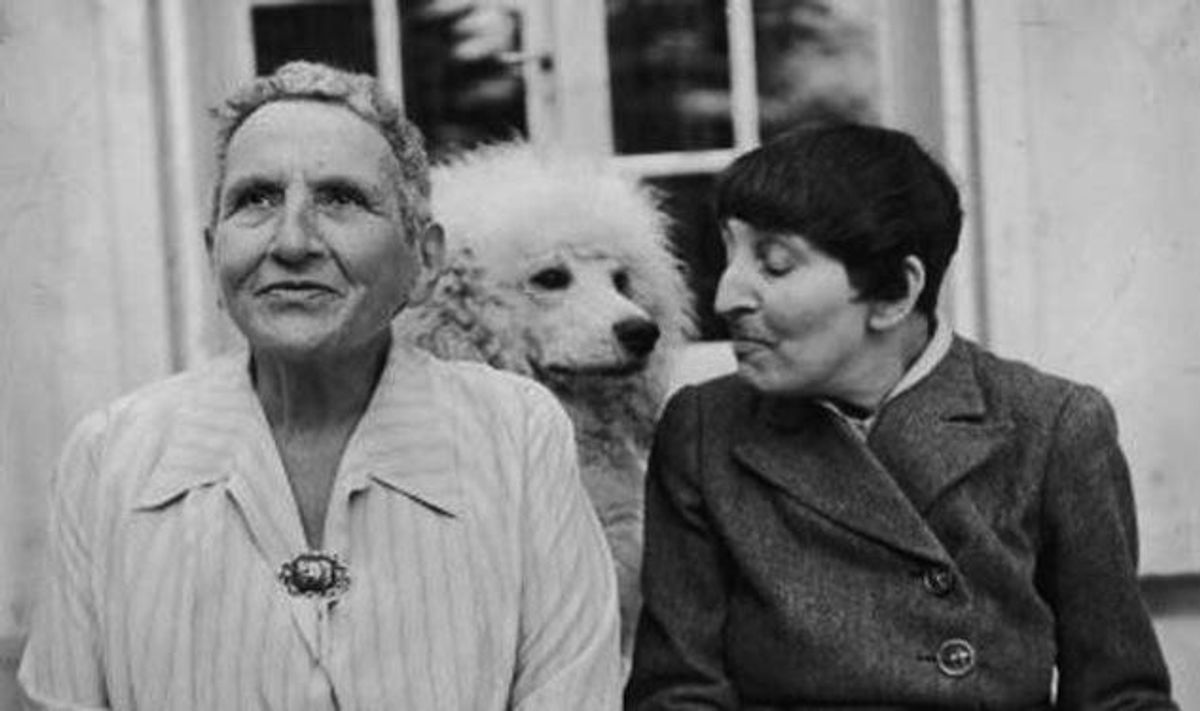



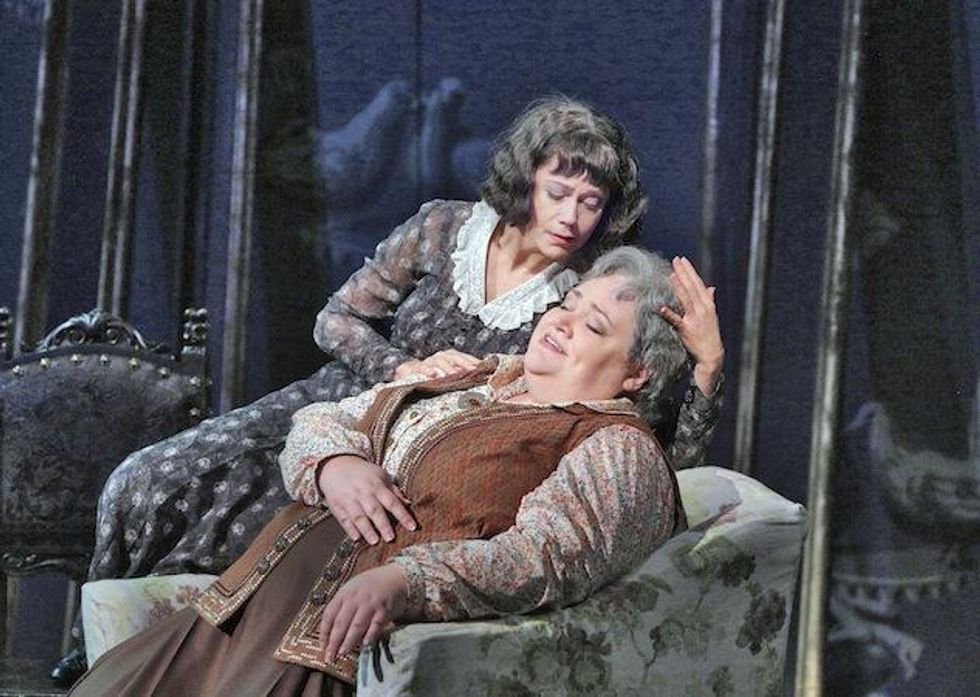












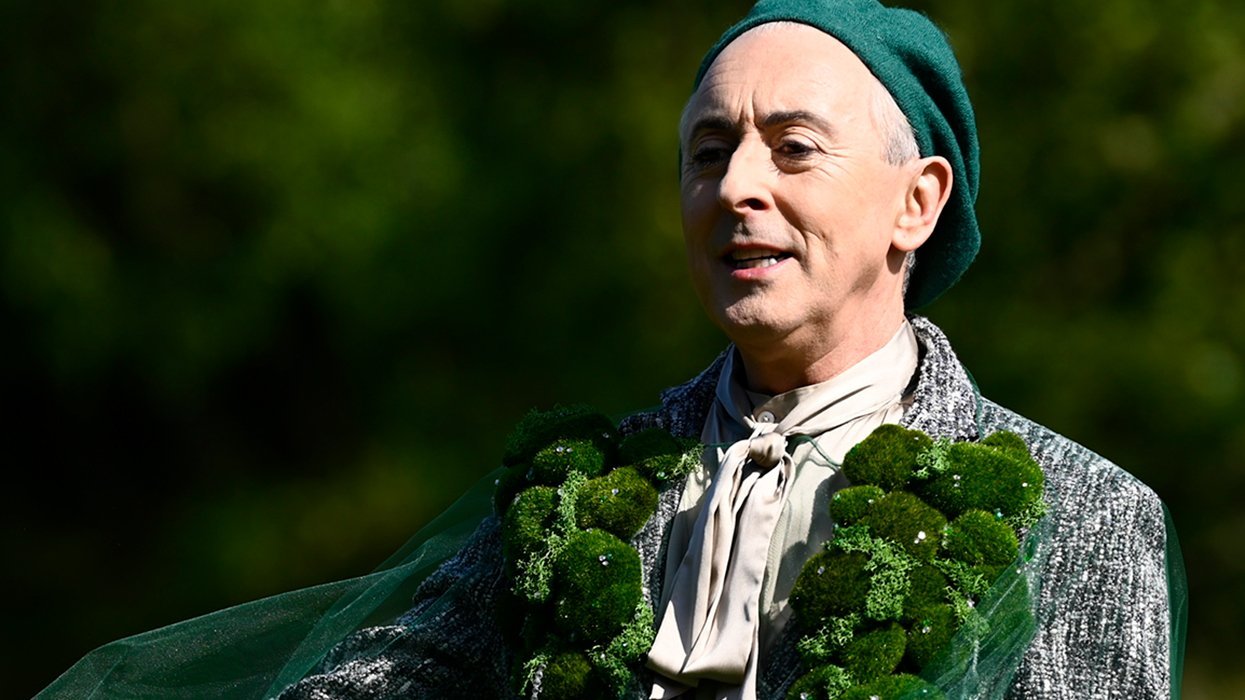





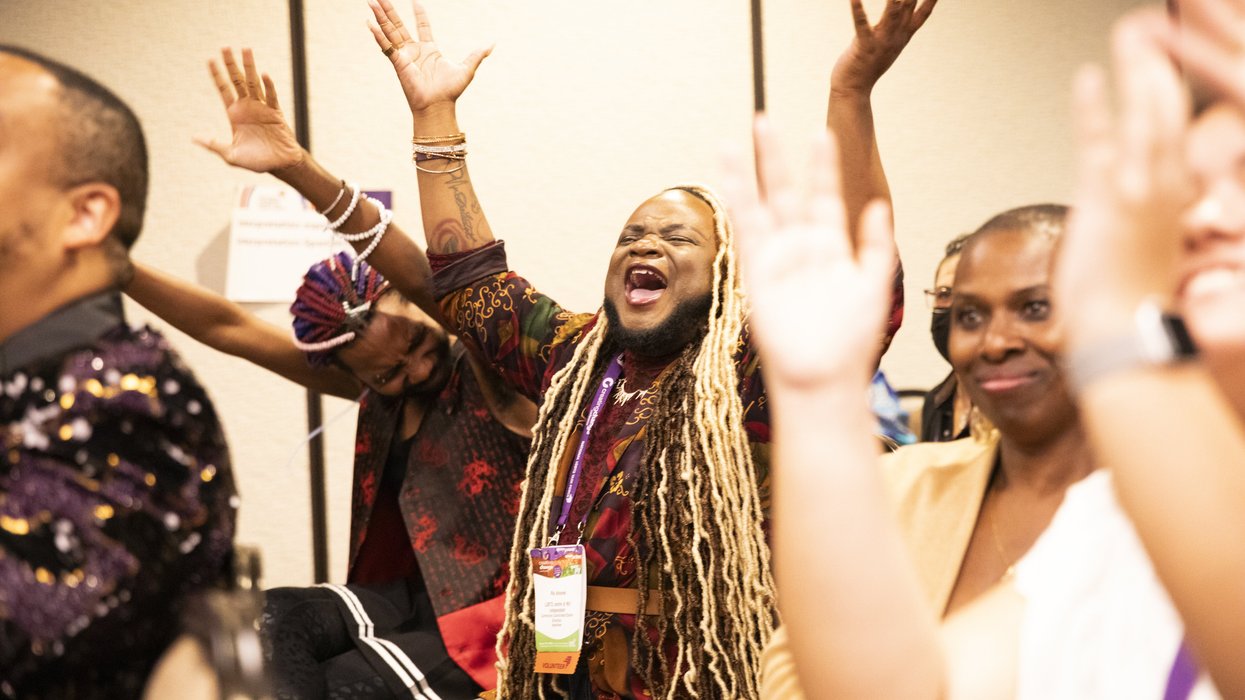


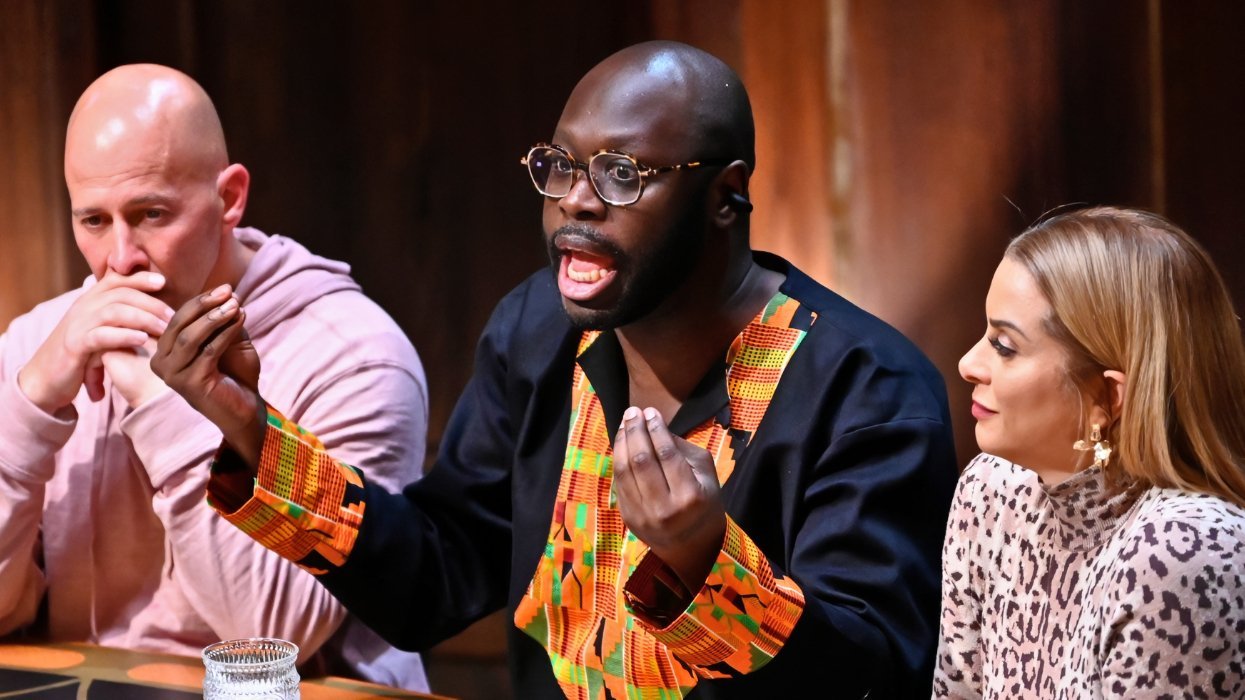



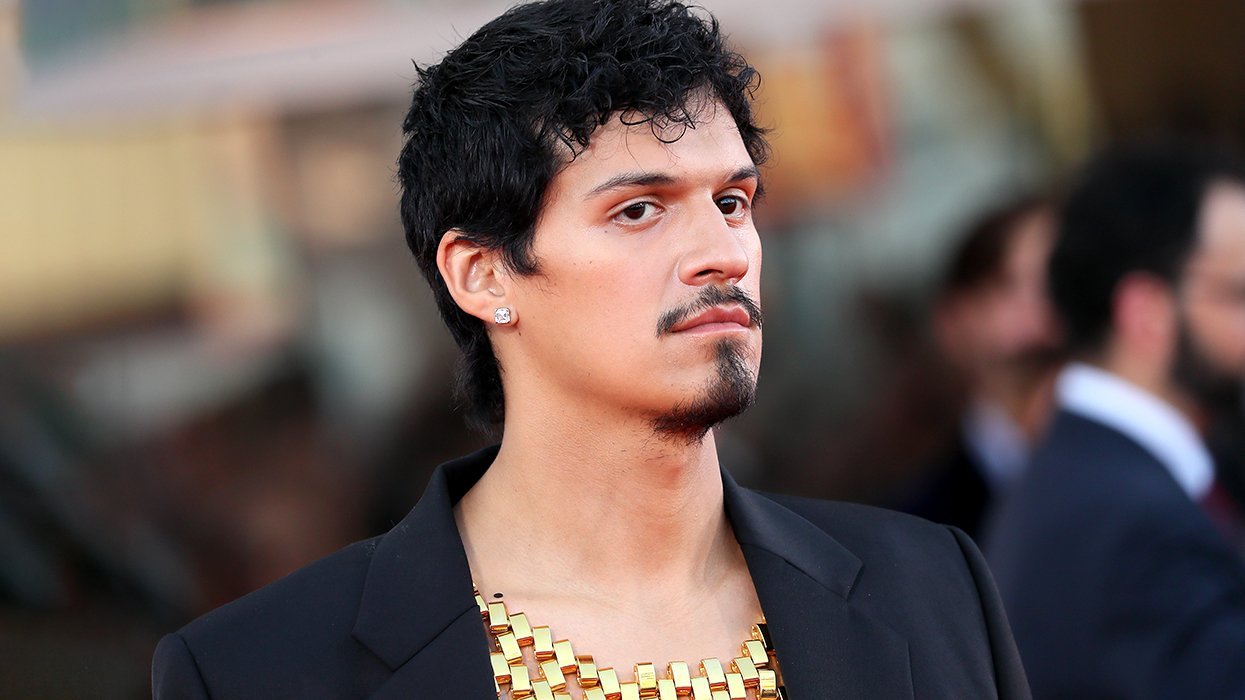


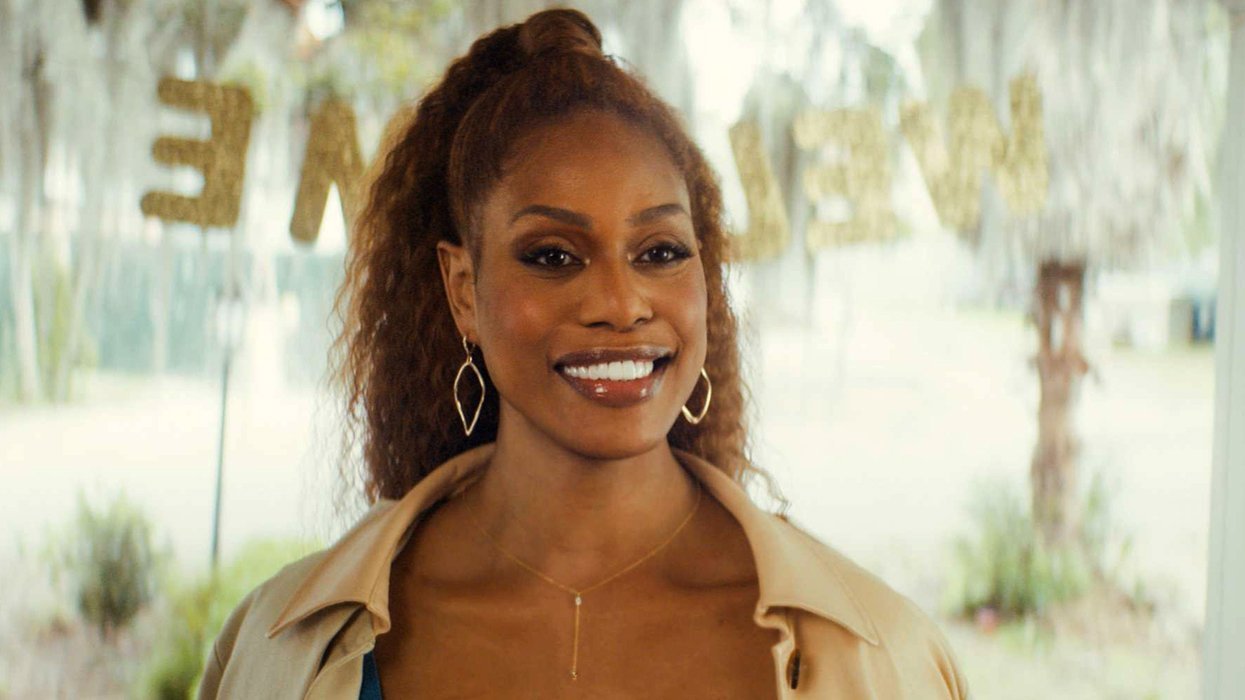



















































Beware of the Straightors: 'The Traitors' bros vs. the women and gays